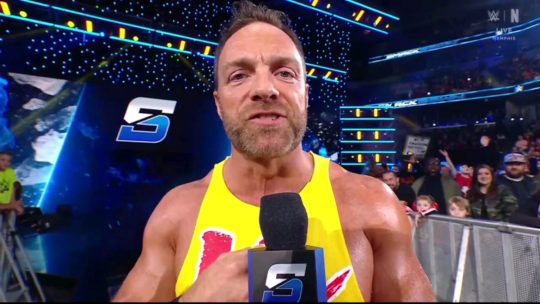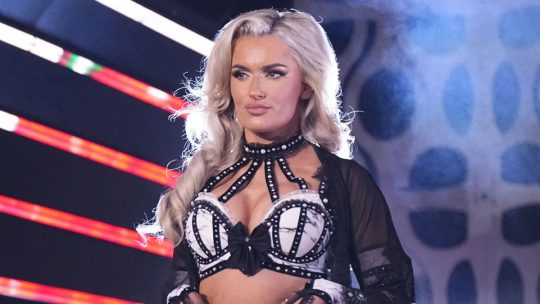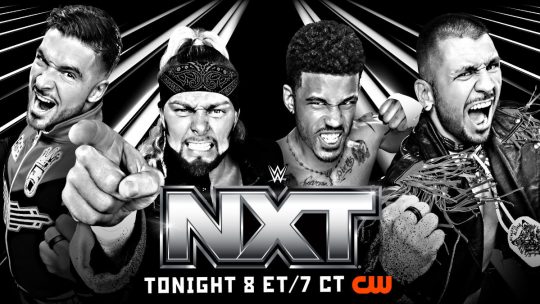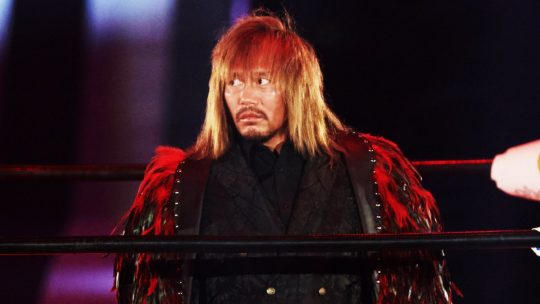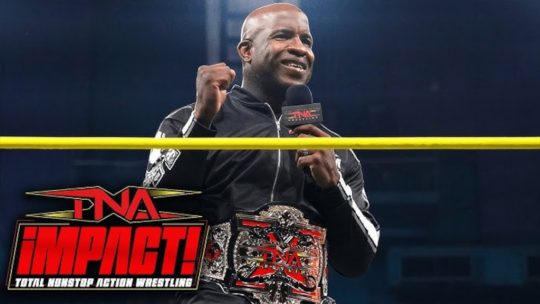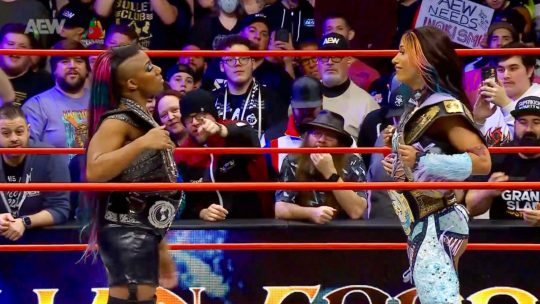Uproxx.com held a recent interview with New Japan Pro Wrestling CEO Harold Meij and one of the topics discussed included if NJPW is trying to westernize its product to better appeal to the United States and western markets.
I mean, nobody’s – everybody says, “Oh, you’re trying to do this or trying to do that,” but what is that? What is the Westernization of wrestling? I don’t know. It’s for the fans to decide what that is. But I can tell you, if it’s the definition that I have, which might be very much different from yours or anyone else’s out there – it’s their own definition, I think – but if it’s my definition of what I think Westernization of wrestling is, then we’re trying to do the exact opposite.
I am trying to bring the – I believe that our difference, our uniqueness, is actually the Japanese part of wrestling, the Japanese way of wrestling. Now, it’s very difficult to define what that is too… and again, it’s up to the fans to decide, well, what is the Japanese-ness, then?… But I believe that it’s in our name. We are New Japan Pro Wrestling, so I’m trying to bring the Japanese way, the Japanese way of wrestling, to the global audience. And this has to do much more with the philosophy that we talked about earlier, but also our traditions. It has to do with the way we bring and educate, if you will, our wrestlers… We have great talent. We have great matches.
But yes, if you’re saying, “Oh, you’re trying to Westernize it by bringing more English content,” then yes, we are, because I believe that most of our interviews for example, or most of our videos that explain the match or explain the emotions of the wrestlers before a match, or even post-match comments, yes, most of that is in Japanese. So I am trying to bring more of that content in English, and together with the history, for example the history of the Bullet Club, for example, the history of Chaos, for example, the faction, is something that we will bring out in English, because I want to explain the richness of that history to an audience that may not have been exposed to it as much as Japanese fans. So yes, I’m trying to bring more English content, but I’m not trying to change anything within the ring. I’m actually trying to bring exactly that essence to the Western audience.
And incidentally, you know, we do talk about American-type wrestling, Japanese-type wrestling we’ve been discussing, Mexican, maybe even British – those four might be the big four, but as talent gets exchanged, or as talent moves between promotions and as we, of course, start wrestling overseas and some other promotions are wrestling in Japan, I think the differences between those will start to merge a little bit more so it will be less pointed, in that sense. More like a global standardization, if you will. But no, I’m trying to do the exact opposite, so, I’m trying to bring Japan as is.
Other topics discussed during the interview included his childhood favorite wrestlers, how NJPW reignited his passion for wrestling, his favorite wrestling match in NJPW, Wrestle Kingdom 13, his thoughts on NJPW being a unique brand of wrestling, and his career in the wrestling industry.
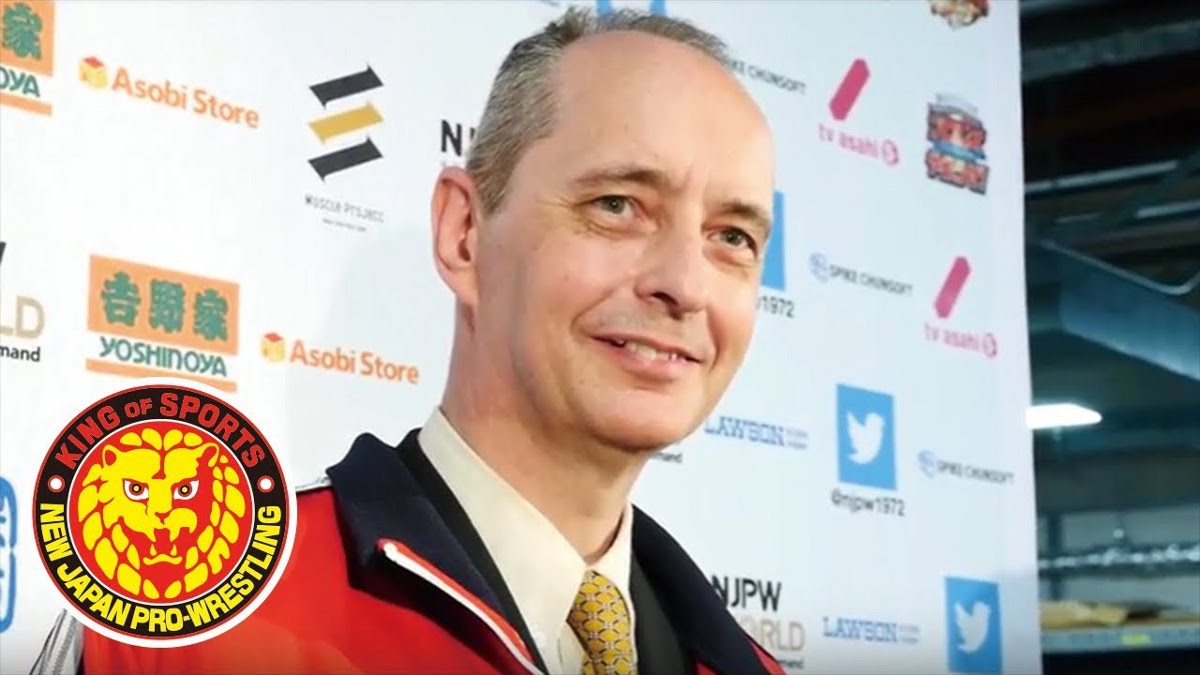
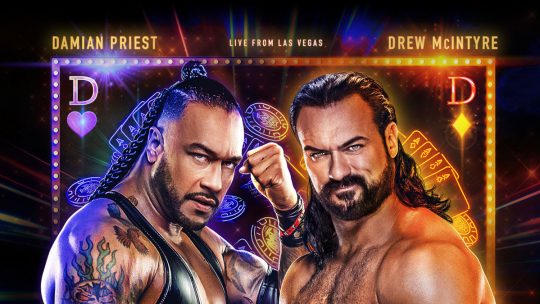 Drew McIntyre vs. Damian Priest Made Official for WWE WrestleMania 41
Drew McIntyre vs. Damian Priest Made Official for WWE WrestleMania 41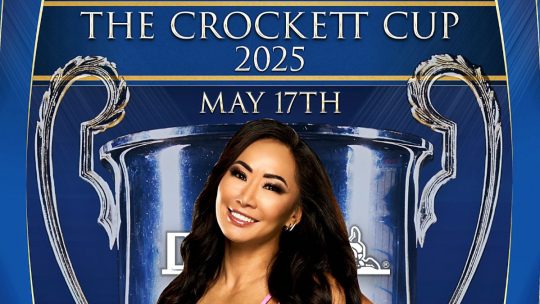 Gail Kim Appearance Announced for NWA Crockett Cup 2025
Gail Kim Appearance Announced for NWA Crockett Cup 2025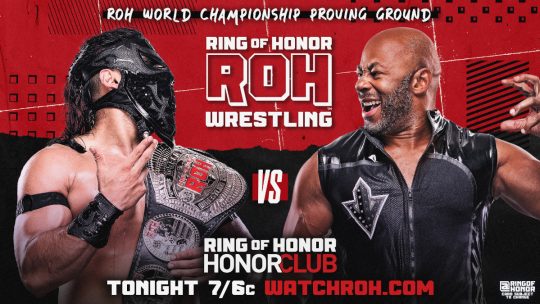 ROH TV Results – April 10, 2025 – Bandido vs. Jay Lethal
ROH TV Results – April 10, 2025 – Bandido vs. Jay Lethal